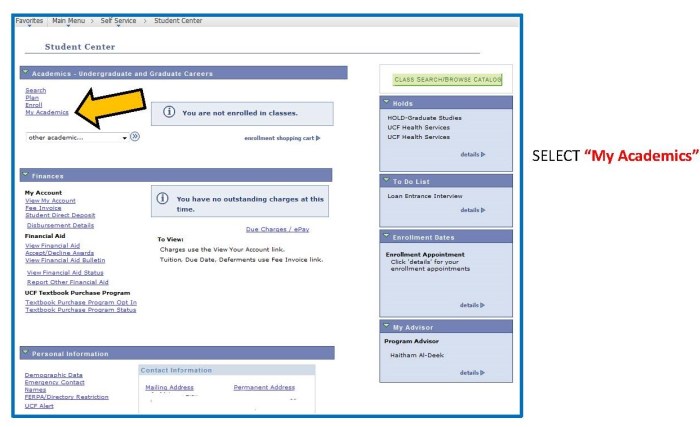Auditing masters degree – An auditing master’s degree empowers you to become a highly skilled professional in the field of financial oversight. Delve into the intricacies of auditing, develop essential skills, and explore specialized concentrations to enhance your career prospects.
Embark on a journey of knowledge and professional growth as we explore the multifaceted world of auditing master’s degrees.
Overview of Auditing Master’s Degree
Auditing is the systematic and independent examination of financial information to provide assurance that it is accurate, complete, and fairly presented. Auditing is essential for maintaining the integrity of financial reporting and protecting investors and other stakeholders.
An auditing master’s degree provides students with the knowledge and skills necessary to perform audits effectively. The curriculum typically includes courses in accounting, auditing, finance, and business law. Students also learn about the latest auditing techniques and best practices.
Purpose and Objectives of an Auditing Master’s Degree
The purpose of an auditing master’s degree is to prepare students for a career in auditing. The objectives of the degree program are to:
- Provide students with a comprehensive understanding of auditing theory and practice.
- Develop students’ critical thinking and analytical skills.
- Prepare students for the CPA exam.
- Help students develop the skills necessary to be successful auditors.
Typical Curriculum and Course Requirements
The curriculum for an auditing master’s degree typically includes the following courses:
- Auditing Theory and Practice
- Financial Accounting and Reporting
- Managerial Accounting
- Cost Accounting
- Tax Accounting
- Business Law
- Statistics
- Research Methods
In addition to these core courses, students may also take elective courses in areas such as:
- Information Systems Auditing
- Forensic Accounting
- Internal Auditing
- Government Auditing
- Nonprofit Auditing
Career Paths and Opportunities

Graduates with an auditing master’s degree possess a specialized skill set that opens doors to a diverse range of career paths. The auditing field offers stable employment opportunities with promising salary prospects.
Job Outlook and Salary Expectations
The job outlook for auditors remains favorable, with the demand for qualified professionals projected to grow steadily. According to the U.S. Bureau of Labor Statistics, the median annual salary for auditors and accountants is around $73,500, with the top 10% earning over $124,000.
Successful Careers in Auditing
An auditing master’s degree can lead to successful careers in various sectors, including:
- Public Accounting: Graduates can join accounting firms to conduct financial audits for clients.
- Internal Auditing: They can work within organizations to assess and improve internal controls and risk management.
- Government Auditing: They can work for government agencies to conduct audits of government entities and programs.
- Forensic Accounting: They can specialize in investigating financial fraud and misconduct.
- Information Technology Auditing: They can focus on assessing the security and reliability of information systems.
These career paths offer opportunities for professional growth, leadership roles, and significant contributions to organizations.
Skills and Competencies

An auditing career demands a unique blend of technical knowledge, analytical thinking, and interpersonal skills. A master’s degree in auditing equips you with these essential attributes, enabling you to excel in the field.
Technical Skills
- Auditing standards and procedures
- Financial accounting and reporting
- Internal control systems
- Risk assessment and management
- Data analytics and auditing software
Analytical and Problem-Solving Skills
- Critical thinking and logical reasoning
- Ability to identify and analyze complex issues
- Skill in drawing sound conclusions and making recommendations
Interpersonal and Communication Skills
- Effective communication, both written and verbal
- Ability to build strong relationships with clients and colleagues
- Professionalism and ethical conduct
Specializations and Concentrations
An auditing master’s degree offers various specializations and concentrations that allow students to tailor their education to specific career goals. Each specialization provides unique advantages and opens doors to different career paths.
Specializations typically focus on a particular area of auditing, such as financial auditing, operational auditing, or forensic accounting. Concentrations, on the other hand, are more specific and delve into specialized topics within a specialization. Here are some common specializations and concentrations within an auditing master’s degree:





